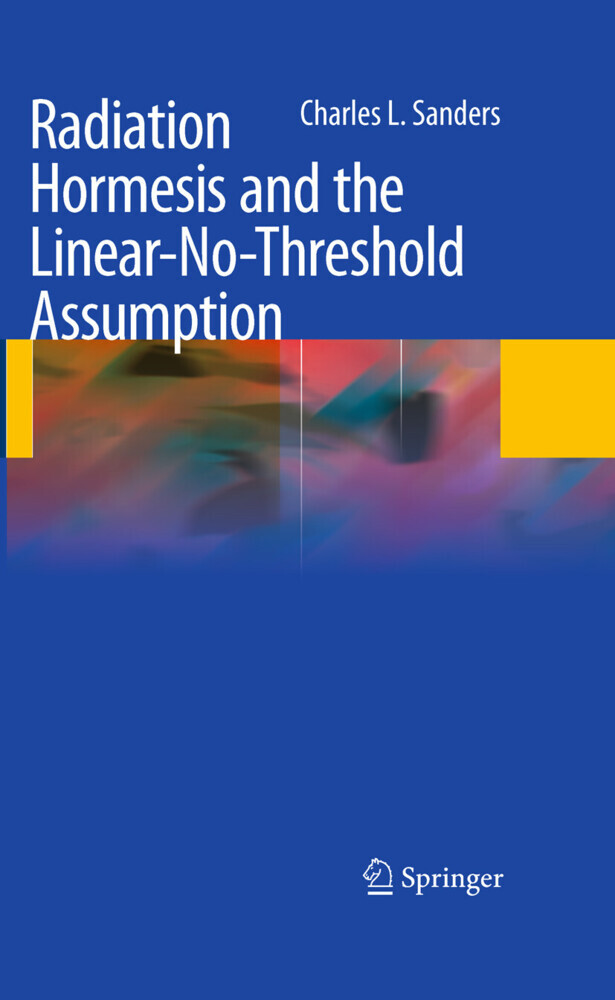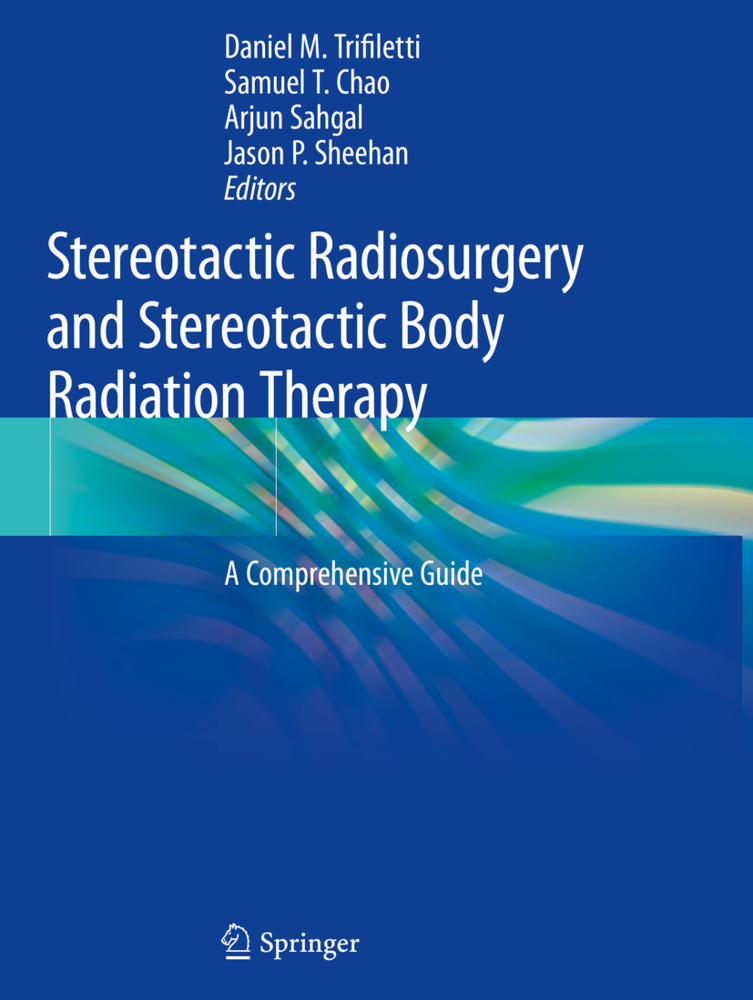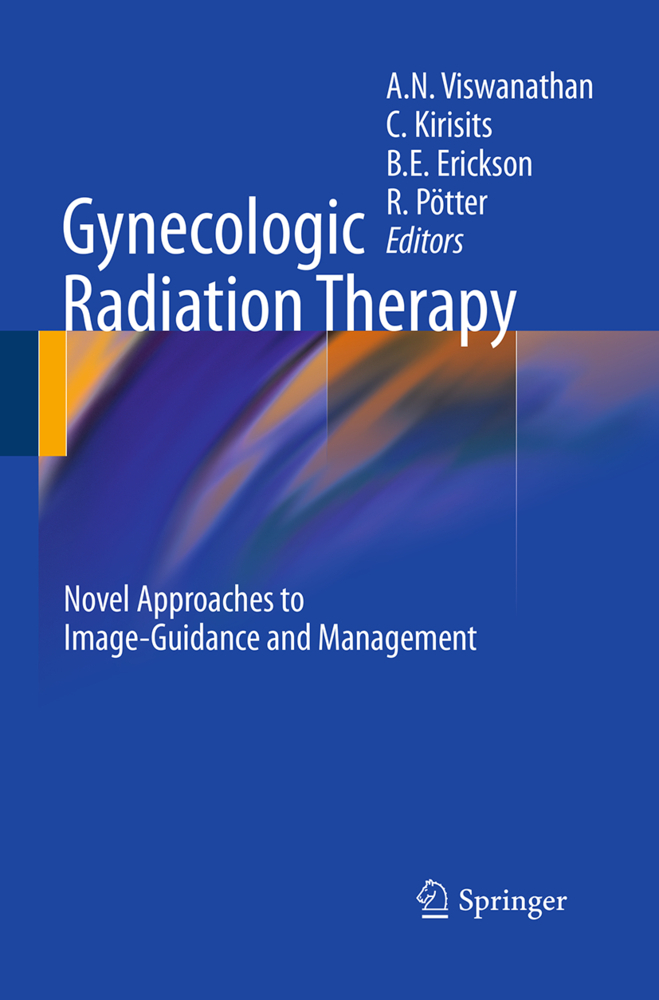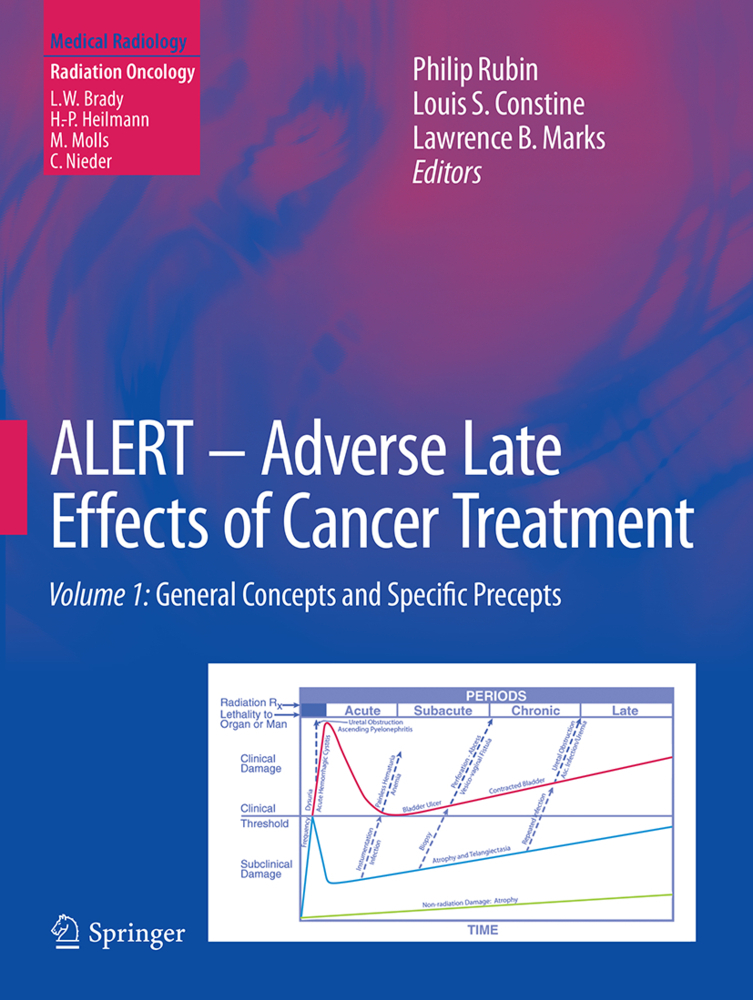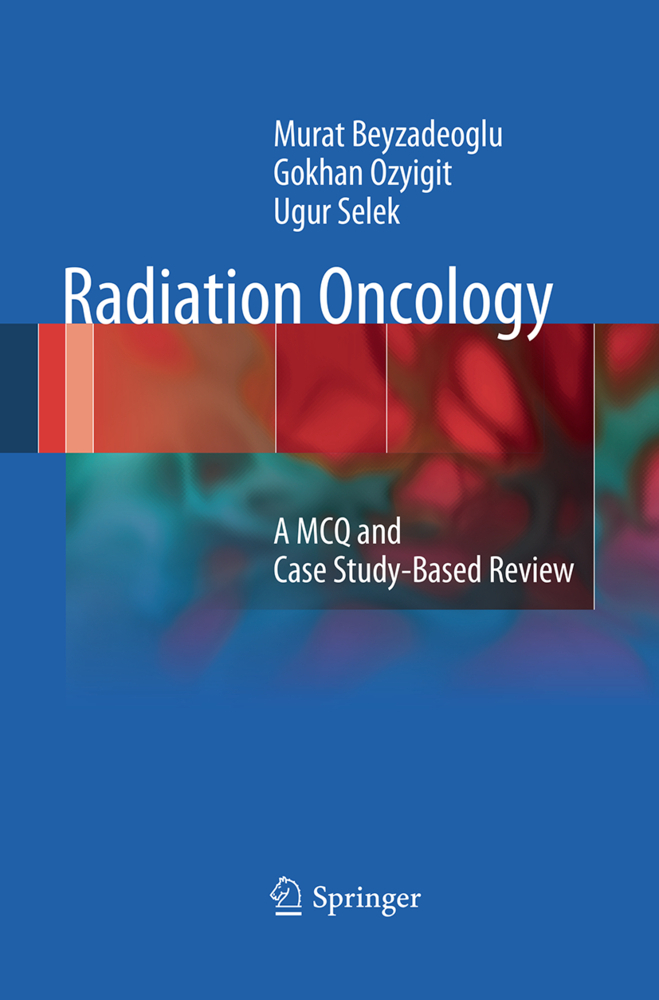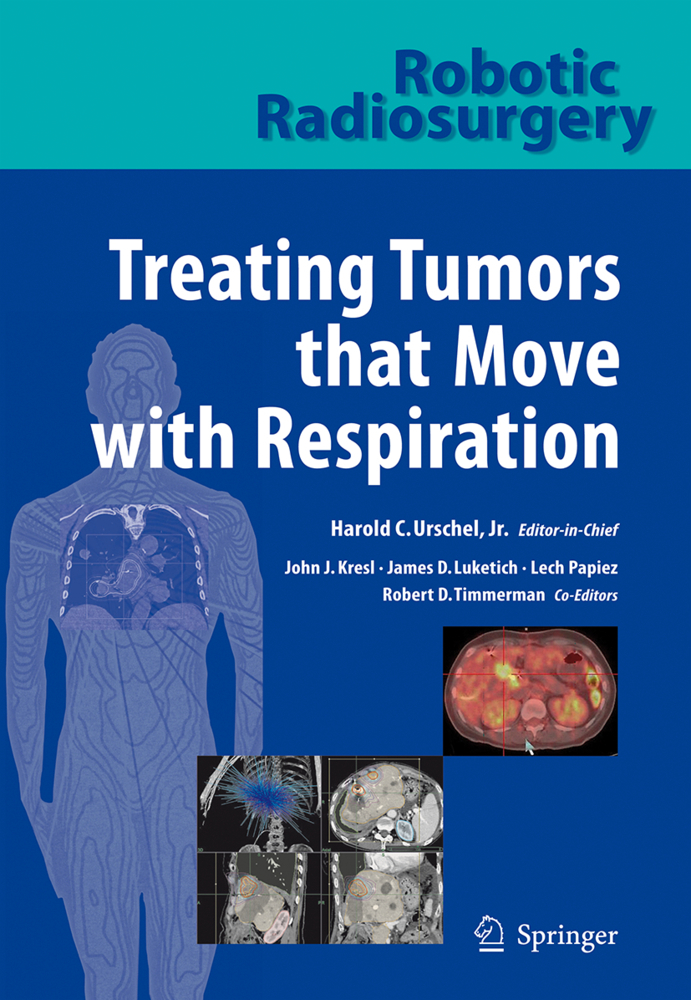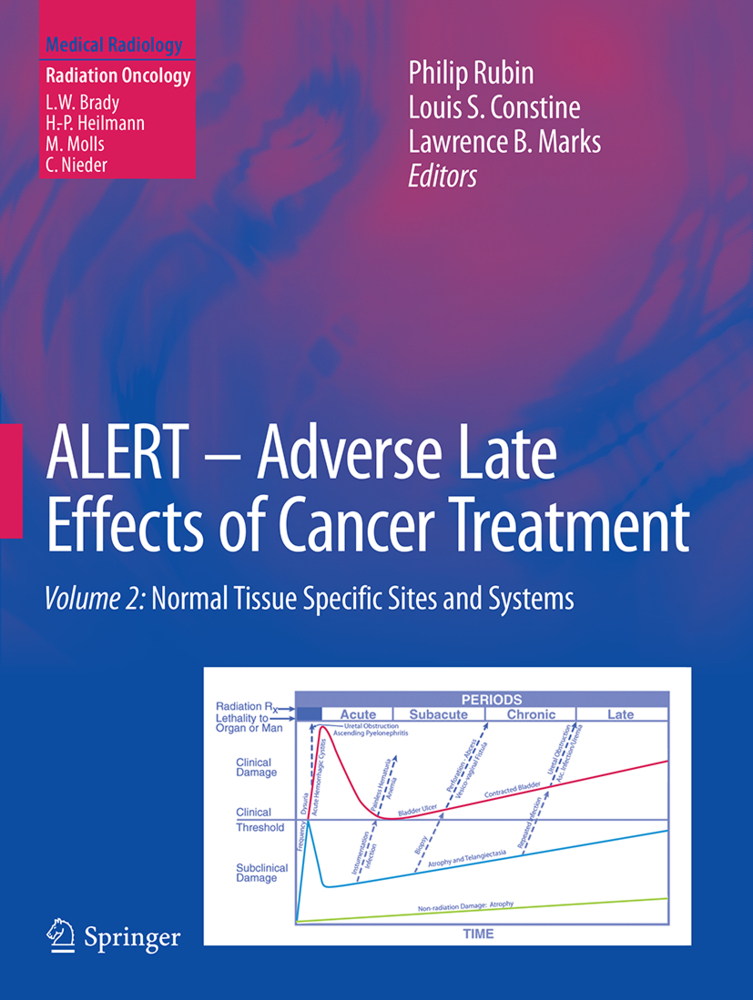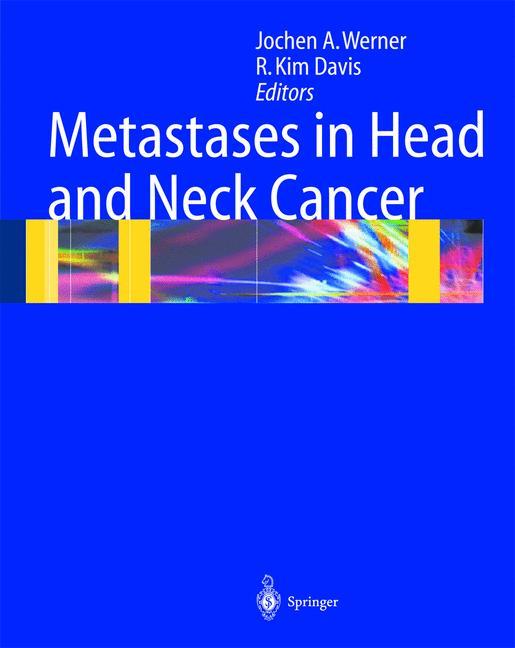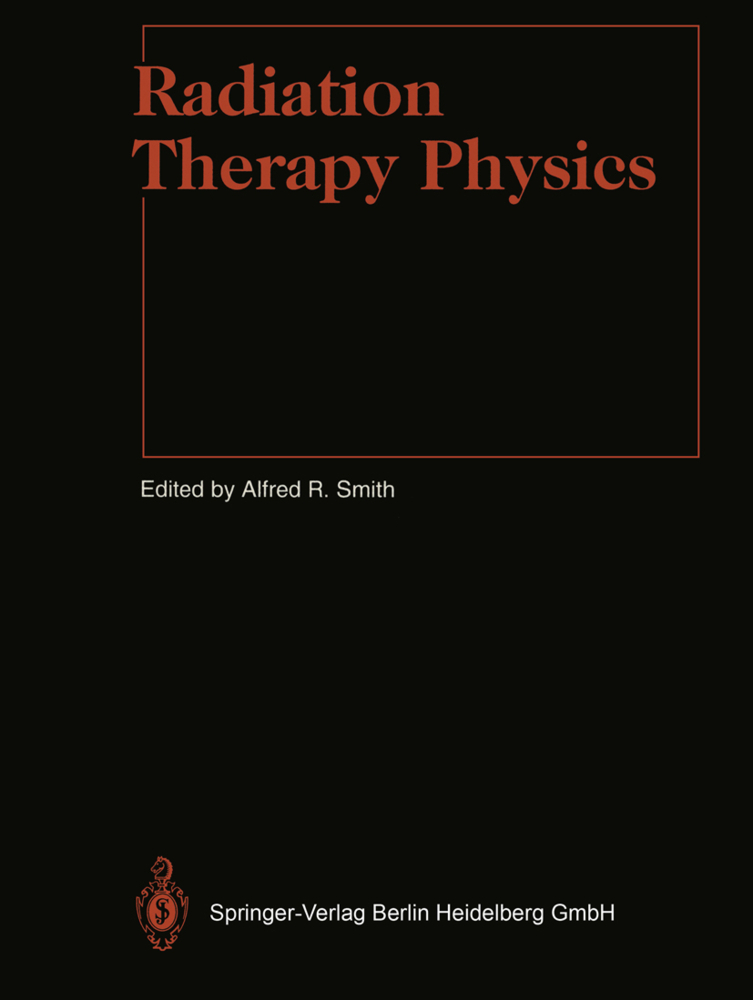Radiation Hormesis and the Linear-No-Threshold Assumption
Radiation Hormesis and the Linear-No-Threshold Assumption
Current radiation protection standards are based upon the application of the linear no-threshold (LNT) assumption, which considers that even very low doses of ionizing radiation can cause cancer. The radiation hormesis hypothesis, by contrast, proposes that low-dose ionizing radiation is beneficial. In this book, the author examines all facets of radiation hormesis in detail, including the history of the concept and mechanisms, and presents comprehensive, up-to-date reviews for major cancer types. It is explained how low-dose radiation can in fact decrease all-cause and all-cancer mortality and help to control metastatic cancer. Attention is also drawn to biases in epidemiological research when using the LNT assumption. The author shows how proponents of the LNT assumption consistently reject, manipulate, and deliberately ignore an overwhelming abundance of published data and falsely claim that no reliable data are available at doses of less than 100 mSv.
Molecular and Cellular Mechanisms
Natural Environmental RadiationAccidents, Tests, and Incidents
Medical Exposures and Workers
Nuclear Workers
Biased Epidemiological Studies
Evidence Negating the Healthy Worker Eff ect
Lung Cancer
Breast Cancer
Leukemia
Liver, CNS, and Thyroid Cancers
Lifespan, Birth Defects, and Experimental Cancer
Animal and Human Cancer Therapeutic Studies
Conclusions, Summary, and Importance.
Sanders, Charles L.
| ISBN | 978-3-642-03719-1 |
|---|---|
| Artikelnummer | 9783642037191 |
| Medientyp | Buch |
| Copyrightjahr | 2009 |
| Verlag | Springer, Berlin |
| Umfang | XI, 217 Seiten |
| Abbildungen | XI, 217 p. |
| Sprache | Englisch |


